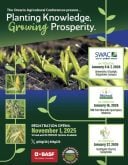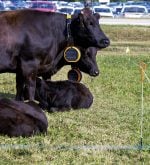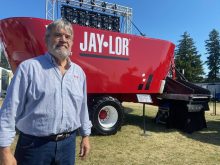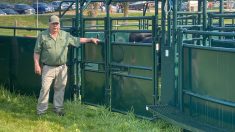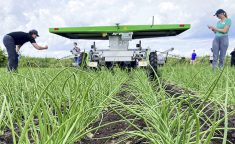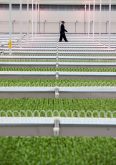Glacier FarmMedia – Hundreds of meat plant workers in North America fell ill with COVID-19 when the pandemic hit earlier this year.
It caused many processors to temporarily close or slow production. That was combined with high absenteeism because workers feared getting sick and higher rates of worker absence persist in some regions.
Why it matters: COVID-19 has exposed challenges with maintaining operations with large numbers of people working closely together, such as in meat processing plants.
Read Also
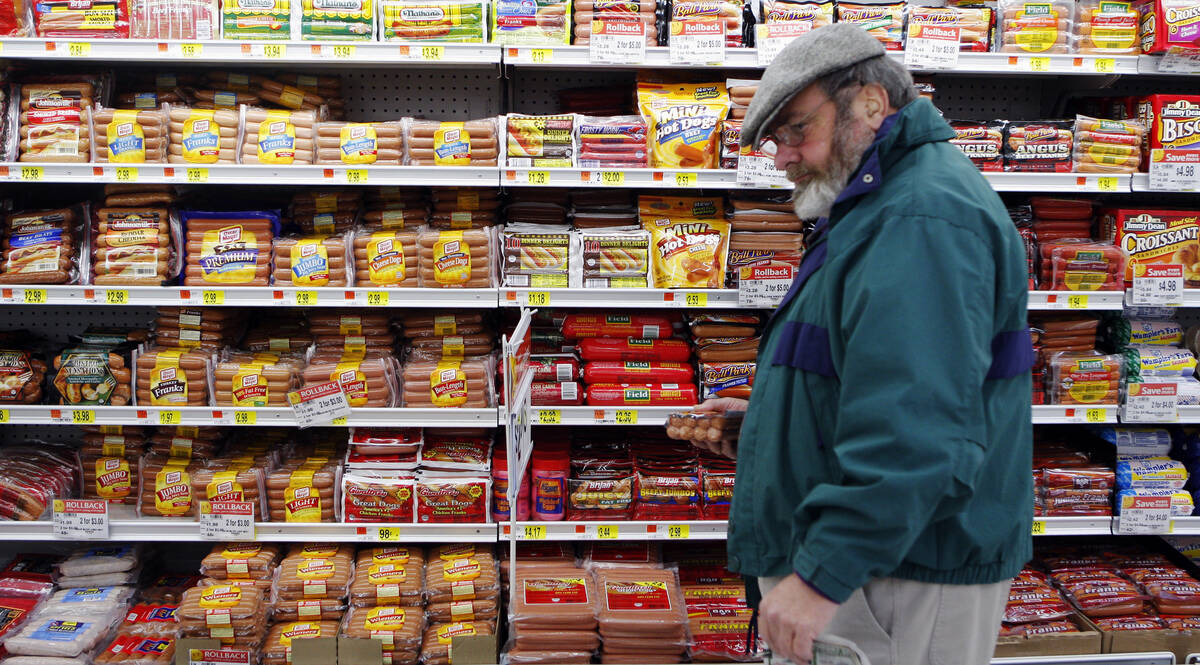
Canada seventh-most influential country on agri-food
Report from Dalhousie University and MNP shows Canada ranks seventh among G20 countries on agri-food influence.
That has many plant operators pondering greater automation of the process as a hedge against future disruptions.
Brett Stuart, president of agricultural market analysts Global Agritrends, said “they’re going to do everything they can to reduce their dependence on human labour.”
Speaking to the Canadian Beef Industry Conference online, Stuart said market leverage favours packers when supplies of cattle outnumber available shackles, as has been the case for months.
That means packers will potentially have the necessary capital to increase automation in their plants, something the industry has been talking about for a decade.
“It’s for real now,” said Stuart.
However, with packers working now to deal with the backlog of cattle created by previous slowdowns and closures, this isn’t the time to shut down and install new equipment.
Stuart said any major changes will likely not occur until 2021 and beyond.
As a further hint that high tech is likely in the slaughter industry, Stuart noted that meat processing giant Tyson Foods recently hired a new president, Dean Banks, who is a former executive at Google parent Alphabet’s experimental research division.
In announcing Banks’ appointment, company chair John Tyson said in a Reuters interview that the new president was hired to “help the company integrate more technology into operations and focus on employee health.”
If robotics do surge forward in beef plants, it could require more standardization in carcass size and shape, he added. That might be a tall order but could potentially be managed by having different lines for different sizes and types of cattle.
Brian Perillat, senior analyst with Canfax, said there are many parts of packing plants that could be further automated, although actual break down of carcasses would be among the most difficult areas in which to do it.
This article was originally published at The Western Producer.





